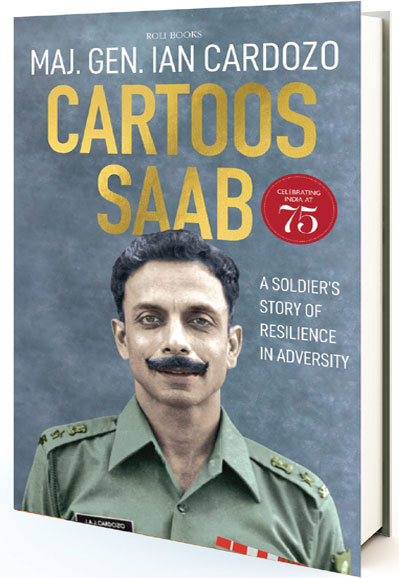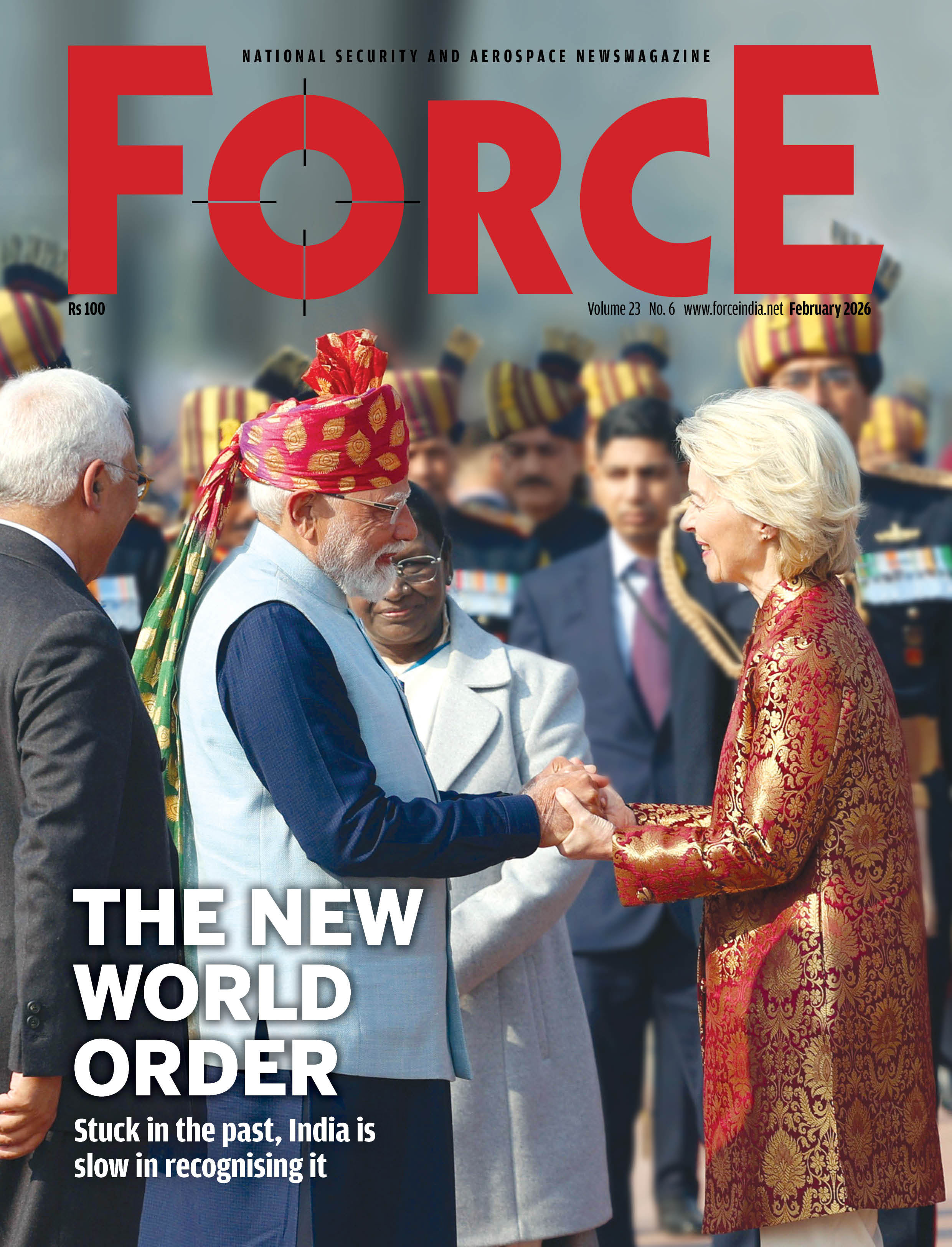Always a Soldier
How through sheer determination, the author proved that loss of limb does not mean loss of abilities. An extract
Maj. Gen. Ian Cardozo (retd)

Being invalided out seemed like a dismal option considering that I knew, in my heart, that even with an artificial leg I could be nearly as good as I was before I got injured. I had read Reach for the Sky, the story of Douglas Bader, an RAF pilot. He had lost both legs and continued to fly Spitfires during the Second World War. He had become an air ace by shooting down 21 German fighter-aircraft. If he could do it, why couldn’t I face my challenges in the same way?
***
At the hospital we could not get measured for our artificial legs until our stumps healed. It took approximately four months for that to happen. During this time, we were all over Pune on our crutches and our bandaged stumps—at the bar of the Southern Command Officer’s Mess, at the races, at the movies, at Poona Coffee House on East Street and at the restaurants on Main Street (now called MG Road). The citizens of Pune had become used to us and accepted us as their own.
All the activities that we were indulging in required money and regrettably we lived beyond our means by drawing cash from a money lender and spending it recklessly. His shop was on an offshoot of Main Street and he allowed us to use postdated cheques and charged us exorbitant rates of interest. Looking back, I think we lived as if there was no tomorrow because we did not know what ‘tomorrow’ held for us.
Around this time, Headquarter Southern Command decided to organize a reception for the battle casualties lodged at the Pune and Kirkee mil
Subscribe To Force
Fuel Fearless Journalism with Your Yearly Subscription
SUBSCRIBE NOW
We don’t tell you how to do your job…
But we put the environment in which you do your job in perspective, so that when you step out you do so with the complete picture.








 VIDEO
VIDEO